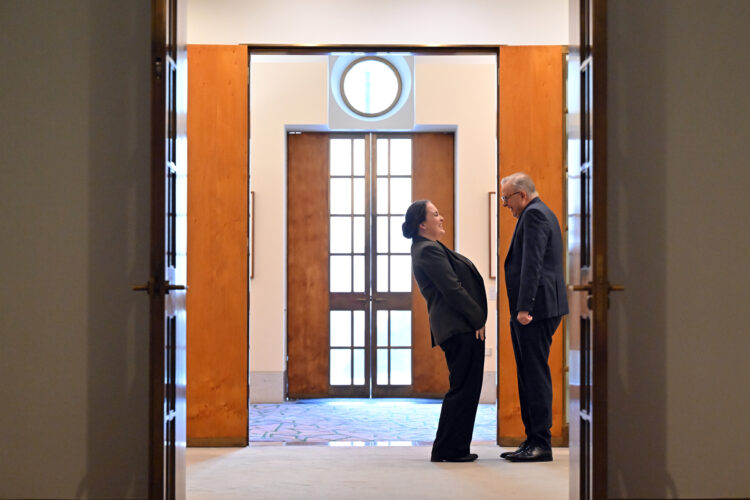A couple of things…
Today in the AFR, the head of the private health insurance lobby group “PrivateHealth Australia” showed the industry is very worried by suggestions by The Australia Institute and others that private health insurance fees should be subject to GST.
When the GST was introduced, John Howard ensured private health insurance fees were not subject to GST, and at essentially the same time, he introduced the “Lifetime Health Cover”, which meant if you did not join private health insurance by the time you were 30 you would have to pay higher fees were you to join it later.
The problem is even with this virtual forcing of people onto health insurance, most people take out the minimum health insurance they need to qualify for the lifetime health cover, and usually this means lots of things are excluded from the cover and also you have to pay a lot of excess payments should you actually need to use it. It is not health insurance in any true sense, but it is wonderful for private health insurers.
Today PrivateHealth Insurance Australia’s CEO, Rachel David, is trying to argue that if we put a GST on private health, it would not only cause people to dump their insurance (which suggests that their product is not all that great, to be honest), but that it would hurt those on low incomes because as she writes:
“Contrary to assumptions, health insurance is not the domain of the wealthy. Australian Taxation Office data shows that only 14 per cent of people with health insurance have a taxable income over $150,000. Nearly two-thirds earn less than $90,000 – including many teachers, nurses and tradespeople. One-third earn under $50,000, including hundreds of thousands of pensioners.”
A couple of things: I’m not sure why she is using taxable income when the ATO tax stats that she cites also provide total income (ie how much you earn before all your deductions and negative gearing etc are counted). But also sorry, but her own figures actually demonstrate that private health insurance IS the domain of the wealthy.
It turns out that 15.6% of people with health insurance have a total income over $150,000. Now ok that still sounds like a small number, but the thing is, only 9.6% of all people earn more than $150,000.
And as for “nearly two-thirds” (actually 60%) of those with private health insurance earning less than $90,000, well that is less impressive when you consider that 71% of all people earn less than $90,000.
But these figures are all very confusing, so let’s just look at what percent of people in each income range have private health. Because that tells us who is actually taking out private health insurance. If it were not the domain of the wealthy, as David argues, you would expect to see about the same percentage of people having private health insurance regardless of how much they earn. Alas for David, that is not the case.
Not surprisingly, almost everyone earning more than $1m a year has private health. In fact, 90% of people earning more than $150,000 have private health insurance.
But at the other end? Most prefer to not have it. Less than half of the people who earn under $100,000 have private health insurance.
The reality is that private health insurance should be subject to GST. Right now, it means the richest get the benefit of avoiding paying GST and the public health system is denied the revenue that would come from the extra GST.
If private health insurers are worried about people not wanting their product, they should offer a better service – rather than offer a dud product that people would rather go without.
